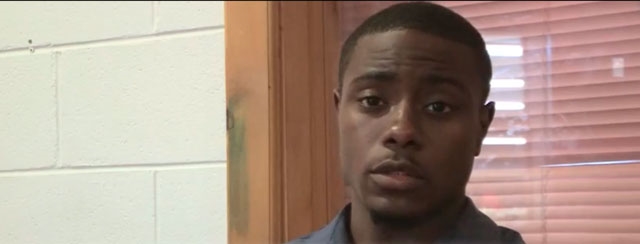Sow & Grow Gardens: Providing Access to Healthy Foods
Main Content

Written by Javon Hill, United Way Community Health Ambassador
I love to garden, personally I feel there is so much you can learn from just planting a flower. I think it teaches you how to be patient and how to care for something, which is why I’m excited to share the Faith Roundtable of the Milwaukee Lifecourse Initiative for Healthy Families (LIHF) is implementing another season of Sow & Grow gardens at member churches.
Milwaukee LIHF works to improve community conditions that lead to healthy birth outcomes including environmental health. One of the most predominant environmental health issues in ZIP codes with the highest infant mortality rate is the food deserts. Food deserts are areas in a city or county where there are no fresh food options for miles, making healthy food options inaccessible for those with limited transportation options.
By growing gardens, member churches are able to offer the community healthy food options and deepen the relationship of the church and the community.
May is the perfect time to plant, and there’s so much to take into consideration when planting a garden. These are my quick tips to assist you in preparing your own garden!
- Start with Seeds: The most important part of the garden is the seeds. You have to sow seeds that need a head start at the season. By planting early, the plants will benefit and grow through the end of the harvest.
- Good Tools: It is important to make sure you have all the necessary tools to maintain your garden. You will need fences, gates and trills to protect your garden from pests and unwanted guests. Making sure you have pest control tools and spray will insure a successful garden.
- Compost: Considering food can reproduce energy and fuel, save your trash and create a compost pile. Composting can save money you would otherwise spend on expensive fertilizer. Good items to put into a compost bin include, coffee grounds, fruit peels and egg shells.
- Don’t forget to Weed: It’s not always a fun job, but making sure your garden is weeded is important to keeping your plants growing. If you can’t do it yourself, ask family, friends or volunteers to help out.
- Rain Barrels: Water is just as important as sun when it comes to growing healthy plants. Installing rain barrels is a great option that will save tons of water. Did you know by installing even 1 barrel you can help to contribute to saving up to 30 million liters of water each summer?